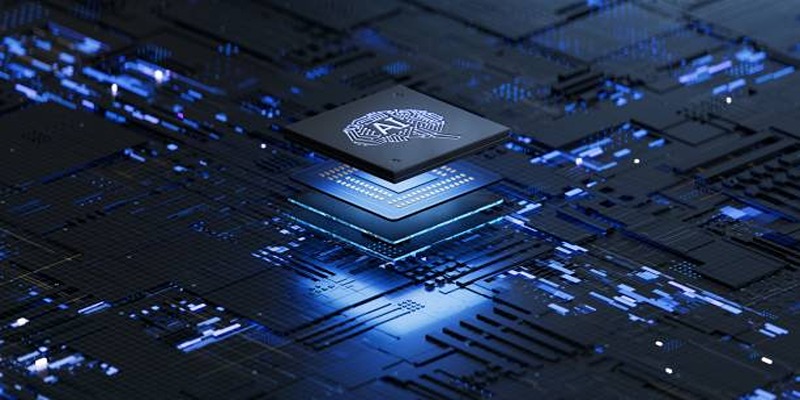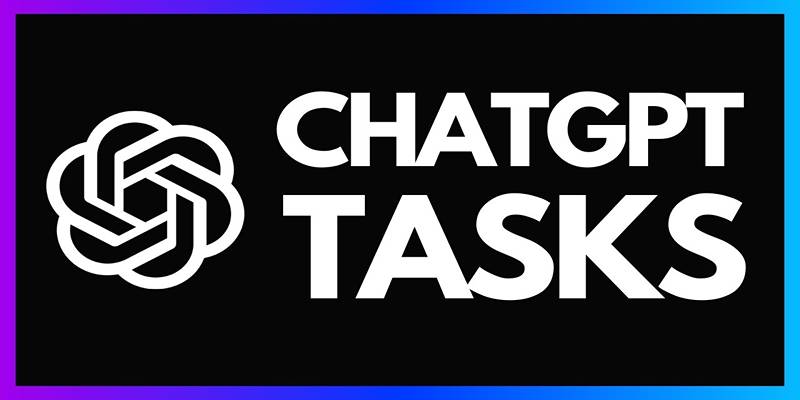Artificial intelligence is growing fast, and Huawei is at the forefront with its advanced AI processors. These powerful chips are changing how machines think and work. With faster speeds and smarter capabilities, Huawei’s AI technology is making applications more efficient across different industries, from healthcare to smart cities, shaping a smarter future for everyone.
Overview of Huawei’s AI Processor

Huawei’s AI processor lies at the core of the company’s AI ecosystem. Known for their advanced architecture and state-of-the-art engineering, these processors form the backbone for a wide range of Huawei products and solutions.
Huawei focuses on creating processors tailored for heavy workloads, large-scale data processing, and real-time AI applications. Recent iterations, such as the Ascend series, have particularly garnered attention for combining high performance with energy efficiency.
To better understand its importance, consider two factors that distinguish Huawei’s AI processors from the rest:
Custom-Built Power
The Ascend processors are designed specifically for AI tasks, allowing them to process data-heavy computations at incredible speeds. Unlike general-purpose processors, Huawei’s chips use dedicated architecture for operations like matrix multiplication, which is key to neural network training.
Energy Efficiency and Scalability
A standout feature is the energy-efficient nature of Huawei’s processors. For many industries, energy consumption correlates directly with operational costs, making this efficiency a fundamental advantage.
Key Features of Huawei’s AI Processor
Before we jump into the AI advantages, here’s a glance at some standout capabilities that make Huawei's processors a core component in advancing AI offerings.
1. High Computational Power
Huawei’s AI processors are built to execute up to trillions of operations per second. This high computational capability allows faster training of machine learning algorithms and real-time execution of complex AI models.
2. Heterogeneous Computing
Huawei takes a hybrid approach, combining CPUs, GPUs, NPUs (Neural Processing Units), and other custom accelerators. This heterogeneous architecture optimizes performance while balancing efficiency.
3. Broad Compatibility
Huawei ensures its processors integrate seamlessly into both edge and cloud computing models. This versatility allows industries across healthcare, manufacturing, and telecommunications to leverage their AI capabilities effectively.
4. Built-In Security
Data breaches remain one of the top concerns in IT. Huawei processors are designed to safeguard data through robust encryption, adding an extra layer of trust for enterprises deploying AI.
How Huawei's AI Processors are Strengthening Their Offerings
Huawei doesn’t build AI processors to sit in isolation. Instead, these processors enable the development of a larger AI ecosystem. Here’s how they are strengthening Huawei’s broader AI offerings.
1. Reinforcing Cloud Computing Solutions
Huawei's FusionCloud and Atlas AI computing platforms leverage their powerful AI processors for robust cloud infrastructure. This allows Huawei to serve a variety of industries with tailored cloud-based AI services, like predictive analytics, recommendation systems, and real-time optimization tools.
2. Enabling Edge Computing Applications
One of the critical use cases for Huawei’s processors is edge computing. By integrating these processors into devices on the edge, like IoT (Internet of Things) sensors and autonomous systems, Huawei enables low-latency AI applications. Think of a factory where edge devices can detect machinery faults in real time, boosting safety and reducing downtime.
3. Empowering Smart Devices
Huawei integrates their AI processors into their smartphones and wearables, enabling features like advanced face recognition, real-time language translation, and on-device AI processing (reducing dependency on cloud connectivity). These processors improve the speed, accuracy, and reliability of everyday smart devices.
4. Driving Innovation in Research
Lastly, Huawei’s processors serve as a valuable tool for R&D initiatives, allowing data scientists and AI engineers to push the boundaries of machine learning. Boosted by enormous computational power, researchers can train more complex AI models in less time.
Industries Benefiting from Huawei’s AI Processors
Huawei’s AI processors have sweeping implications for various industries. Here’s a closer look at how they’re changing the game.
Healthcare
- Application: Predictive diagnosis, drug discovery, and patient monitoring.
- Impact: AI-enabled healthcare systems, powered by Huawei processors, reduce the time and cost of diagnosing diseases or testing new drugs.
Transportation
- Application: Autonomous vehicles and real-time route optimization.
- Impact: Huawei’s processors power complex AI algorithms used in autonomous navigation, improving safety and efficiency.
Telecommunications
- Application: Network management and 5G deployment.
- Impact: Huawei uses its AI processors to develop smarter network systems capable of self-optimization and rapid scaling, essential for the global roll-out of 5G technology.
Retail
- Application: Intelligent inventory management and in-store automation.
- Impact: Retailers leverage Huawei AI tools to forecast demand trends and personalize customer experiences through advanced analytics.
Finance
- Application: Fraud detection and risk management.
- Impact: AI processors from Huawei enable financial institutions to analyze transactions in real time, improving security while minimizing downtime and errors.
Challenges Huawei Faces in the AI Processor Space

While Huawei has made significant progress in the development and implementation of AI processors, they still face several challenges in this rapidly evolving space. Some of these challenges include:
- Limited access to cutting-edge technology: Due to trade restrictions and bans imposed by certain countries, Huawei may face challenges in accessing the latest technology and materials needed for advanced AI processors.
- Data privacy concerns: With AI processors being used for tasks such as facial recognition and data analysis, there are concerns about data privacy and security. This could create further barriers for Huawei in gaining trust and market share in certain markets.
- Competition from other Chinese companies: Huawei is not the only Chinese company investing heavily in AI technology. Competitors such as Baidu, Alibaba, and Tencent also have their own AI chip development projects, creating a highly competitive landscape for Huawei.
Are Huawei's AI Processors the Future of AI?
Huawei's advancements in AI technology and their development of AI processors have caught the attention of many industry experts. Many believe that Huawei's AI processors have the potential to shape the future of artificial intelligence.
One reason for this belief is due to Huawei's commitment to investing in research and development. The company has allocated significant resources towards developing innovative technologies, which has led to breakthroughs in AI processor design. This dedication to R&D has enabled Huawei to continuously improve its AI processors and stay at the forefront of the industry.
Additionally, Huawei's increasing collaboration with global partners also signals a bright future for their AI processors. By partnering with leading companies and institutions, such as Intel and the Cambridge Research Institute, Huawei is able to access cutting-edge research and expertise.
Conclusion
Huawei's commitment to innovation, research, and global collaboration has established it as a key player in the AI processor market. By continually pushing technological boundaries and fostering valuable partnerships, Huawei is well-positioned to shape the future of AI development and maintain its leadership in this rapidly evolving industry.











